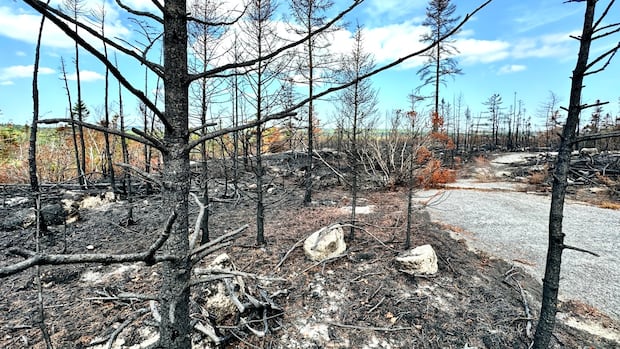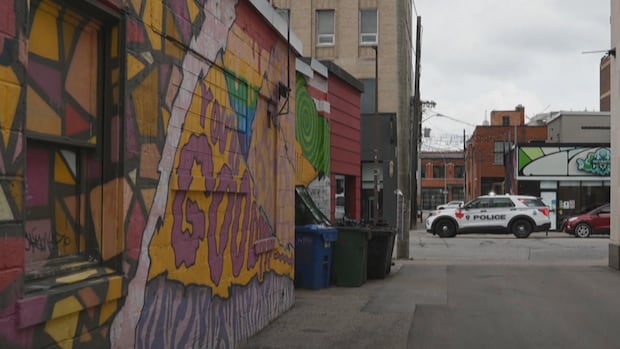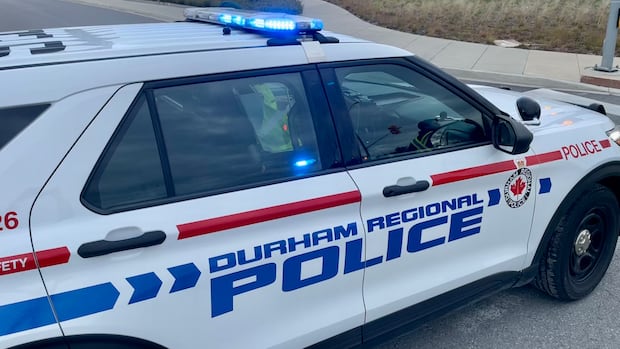The money collected from Nova Scotians accused of breaking the province’s burn ban falls well short of the more than $1 million in tickets handed out, but a criminologist remains encouraged by the numbers, saying they suggest the threat of a hefty fine is working in the government’s favour.
So far, the province has collected just $118,869 — about 12 per cent — of the $1,010,537 in fines and fees issued for illegal burning over two and a half years.
Figures provided by the provincial Justice Department show 35 summary offence tickets worth $25,000 were issued between 2023 and July 30, with 16 of those resulting in convictions. A victim surcharge and HST apply to the fine, bringing the total to $28,872.50.
Michael Boudreau, a professor of criminology at St. Thomas University in Fredericton, said he believes the province is doing a “fairly good job” collecting fines.
“It’s not necessarily an easy thing, especially when the fine is so large,” said Boudreau in a recent interview.
The figures from the Justice Department do not include the tickets issued for violations related to the ban on entering wooded areas, which came into effect Aug. 5 and has since been lifted in some regions.
The $25,000 fine for illegal burning was first imposed through proclamation in 2023, as two wildfires ripped through Shelburne and Halifax counties, destroying more than 200 structures. It was once again imposed temporarily through proclamation last year and made permanent in May.
But just because someone is issued a ticket doesn’t necessarily mean they will have to pay it. The person has a number of options on how to proceed, including paying the ticket upfront or challenging it in court, according to information provided by the province’s Public Prosecution Service.
Nova Scotia made permanent its $25,000 fine for violating fire restrictions, and earlier this summer, imposed the same fine for entering the woods. But what happens after someone is issued one of these summary offence tickets? The CBC’s Aly Thomson explains.
Boudreau warned that simply ignoring the ticket is not a good idea.
“That’s a rather naive approach to take because if you do not pay the fine and if you do not challenge it in court, then you could be arrested,” he said.
“You either pay the fine, try to challenge it in court, or do nothing and then wait for the courts to either issue an arrest warrant for you or possibly to start garnishing your wages.”
He feels the number of tickets issued year over year is low and suggests people are paying attention.
“The law in general isn’t a very good deterrent because if it was, we wouldn’t have any crime,” he said.
“But when it comes to financial matters, a lot of people do take that into consideration, even if they don’t care about what the issue is that’s being banned.”
While the provincial government did provide the figures, a request for an interview was declined.
Wayne MacKay, professor emeritus at Dalhousie University’s Schulich School of Law, said Nova Scotia should be more transparent about the gap between the convictions and fines collected, and what they’re doing to enforce the collection of fines.
“You want to have significant enough fines that people will take notice, albeit fair ones, but also enforcement,” said MacKay.
“People learn pretty quickly if the fine is not likely to be enforced that they don’t necessarily have to take it as seriously.”
MacKay said another issue the province must be conscious of is possible Charter challenges of the law.
“While they certainly have the right on this kind of matter to assess a fine, it needs to be proportionate to the offence,” he said.
Last month, a Cape Breton man purposely violated the province’s ban on entering the woods in order to receive a fine and challenge it in court.
Jeff Evely will join the Canadian Constitution Foundation in the judicial challenge in Nova Scotia Supreme Court, which has been set for February 2026.
Daily burn restrictions are normally in effect between March 15 to Oct. 15, however dry conditions this year have prompted a provincewide ban on burning until Oct. 15 or until conditions improve.
- Do you have questions about wildfires, smoke or air quality? Ask us by emailing [email protected].
Here are the number of tickets, convictions and amounts collected for fire restriction violations over the last two and a half years:
- In 2023, 16 tickets worth $28,872.50 were issued, resulting in nine convictions. The amount collected was $89,090.
- In 2024, 11 tickets worth $28,872.50 were issued, resulting in five convictions. The amount collected was $906.
- Up to July 30 of this year, eight tickets worth $28,872.50 were issued, resulting in two convictions. A total of $28,873 has been collected so far.








